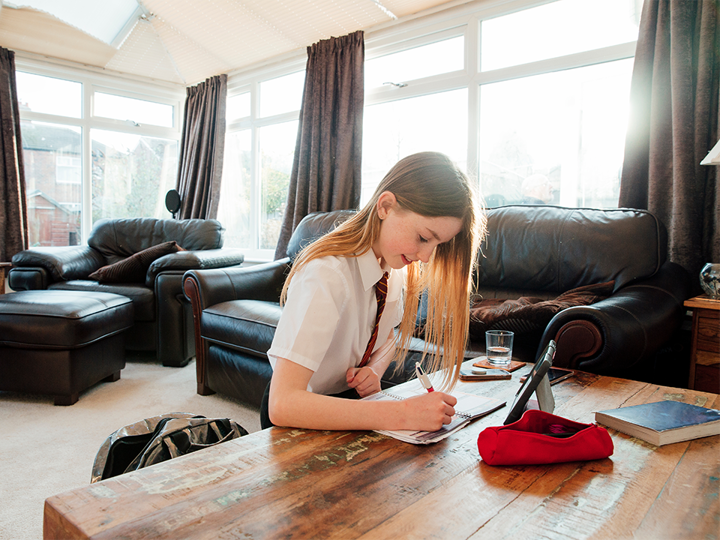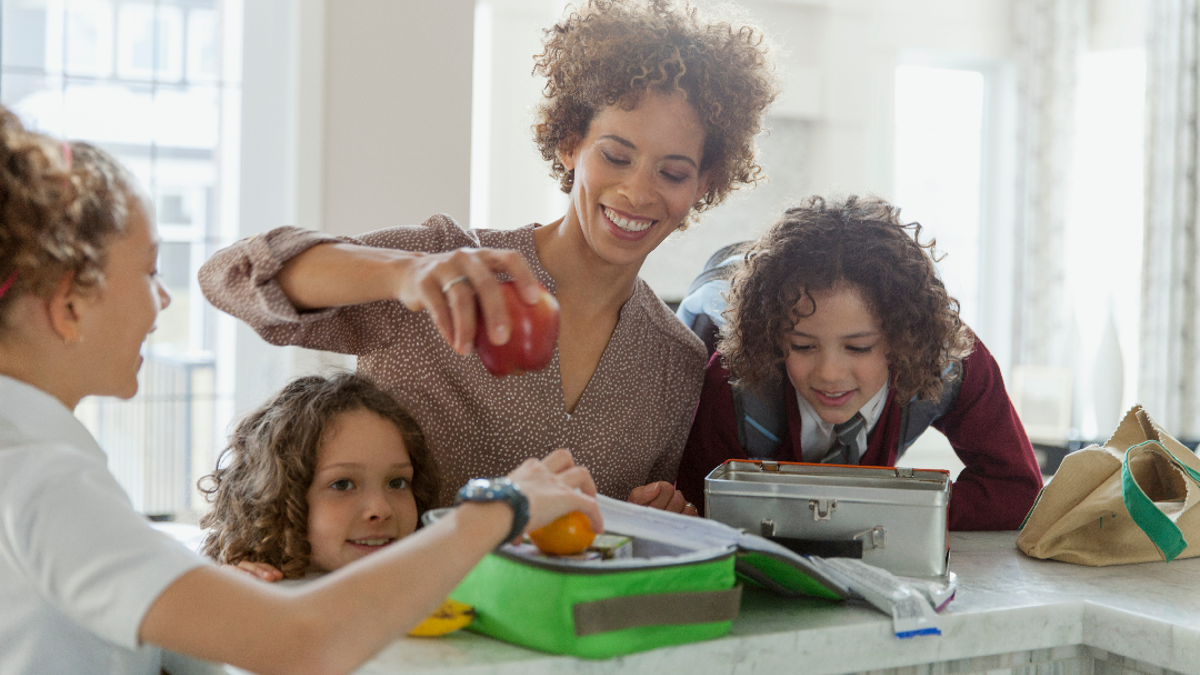Time management and organisation skills
- 5-11 Years
- 11-19 Years
- Parents and Carers
- Child development and growing up

Your child's responsibilities will increase as they get older. At secondary school your child will be expected to manage their own time. They should be able to get to and from lessons and out of school activities in a timely way.
These skills need a lot of practice and support from you, other family members or teachers. This practice and support will help them be more confident with the responsibility.
Explore the topics on this page:
Encouraging timekeeping and organisation
Encouraging time keeping and organisation
There are lots of ways you can encourage organisation and time management at home:
Encouraging your child to use diaries, alarms and to-do lists. Your child may have been provided a diary by their school or you could buy a diary from your local supermarket. They can also use free digital apps like a calendar or notes app.
Making a timetable at home. This can include lesson subjects, extra-curricular clubs, homework, and free time. This may help your child plan their time. Put the timetable somewhere that's easy to see like on the fridge or on a cupboard.
Getting ready for school the night before. Your child can pack their bags and make sure their uniform is ready the night before. This will mean that less things will be forgotten in the school morning panic.
Having a weekly family meeting. This can be a casual meeting where you chat about what your child's plans are for the week. It's a great opportunity to discuss extra-curricular activities, if there's any equipment they will need or any other changes to the routine.
Rewarding good time management and organisation. You can build up your child's confidence by rewarding them for good timekeeping skills. You can reward your child for completing tasks such as finishing their homework or packing their bag for school before bedtime. The reward could be an extra 15 minutes playing a game or watching TV.
Giving your child more responsibility
You can help your child prepare for adulthood by giving them some daily responsibilities. This helps encourage your child to prioritise tasks, manage their time and balance their responsibilities.
Your child will build their confidence in tasks by completing them frequently. Start small by giving your child a small amount of tasks. Gradually add to the number of tasks and responsibilities. This will help build their skills and confidence in those skills.
Your child will still need support from you, your family members and teachers. They are still learning and will make mistakes.
Some examples of responsibilities you can give to your child:
-
- tidying their room
- packing their own lunches
- small chores around the house such as washing the dishes or helping with the laundry
- keeping you updated about school trips, exams and extra-curricular club information
- making sure they have the right books and equipment for their lessons such as making sure they have their PE kit on days with PE
- making their own way to school including getting up in time, getting the correct bus or walking to school

Travelling to school
You or your child may decide that they are old enough to travel to and from school by themselves.
If you are planning on encouraging your child to travel by themselves to school, you may find practicing the route may be helpful. This can settle any worries you or your child has about the journey. You can practice after school or during the school holidays such as half-term or the summer holidays.
You and your child can practice by:
-
- visiting the bus stops they will use
- walking or cycling the route together
- finding friends or family they could walk with
Last reviewed: 1 November, 2024
